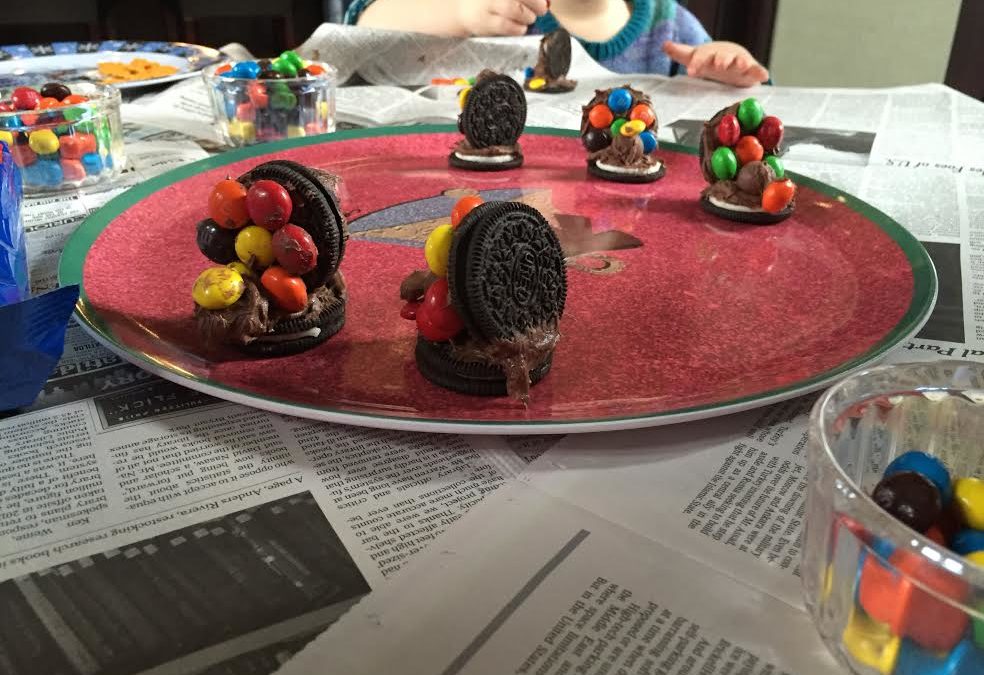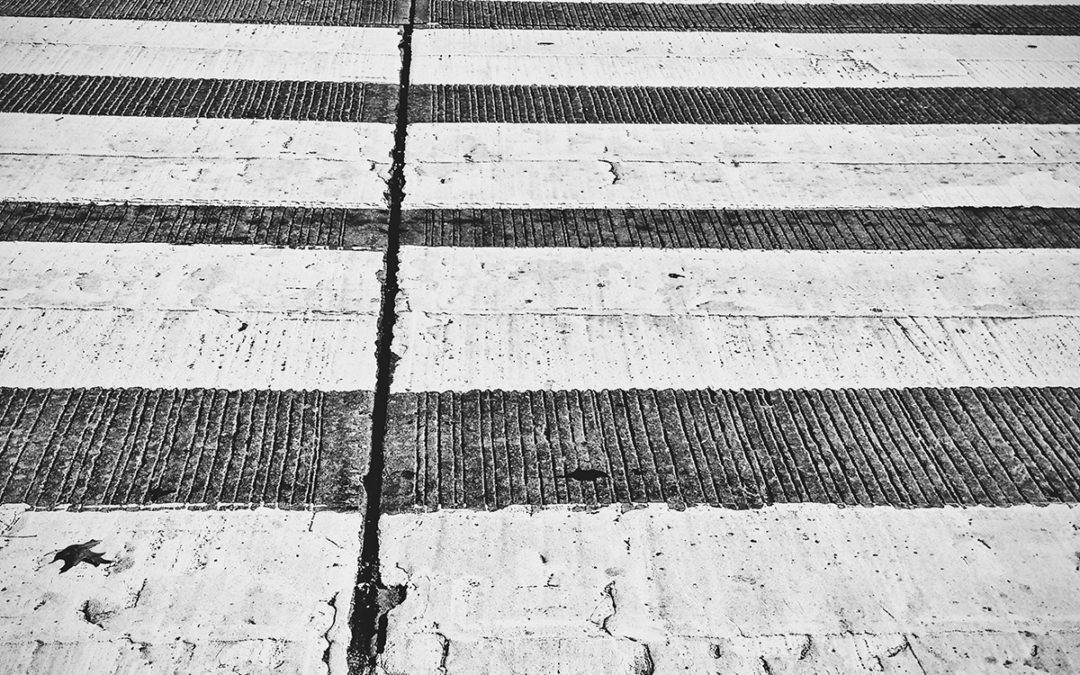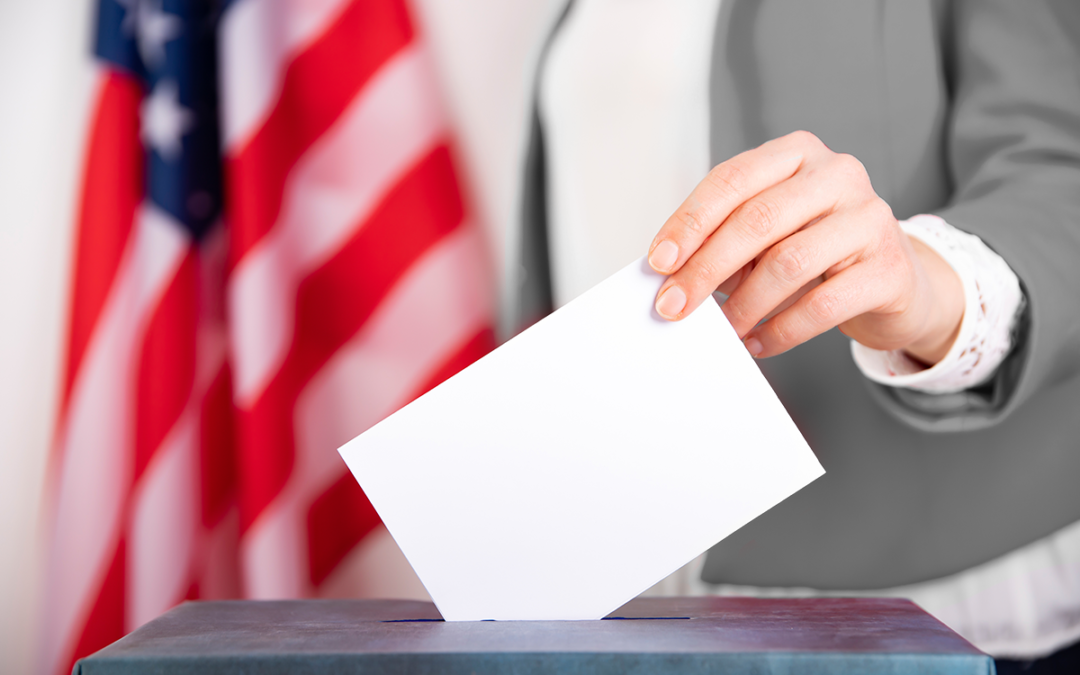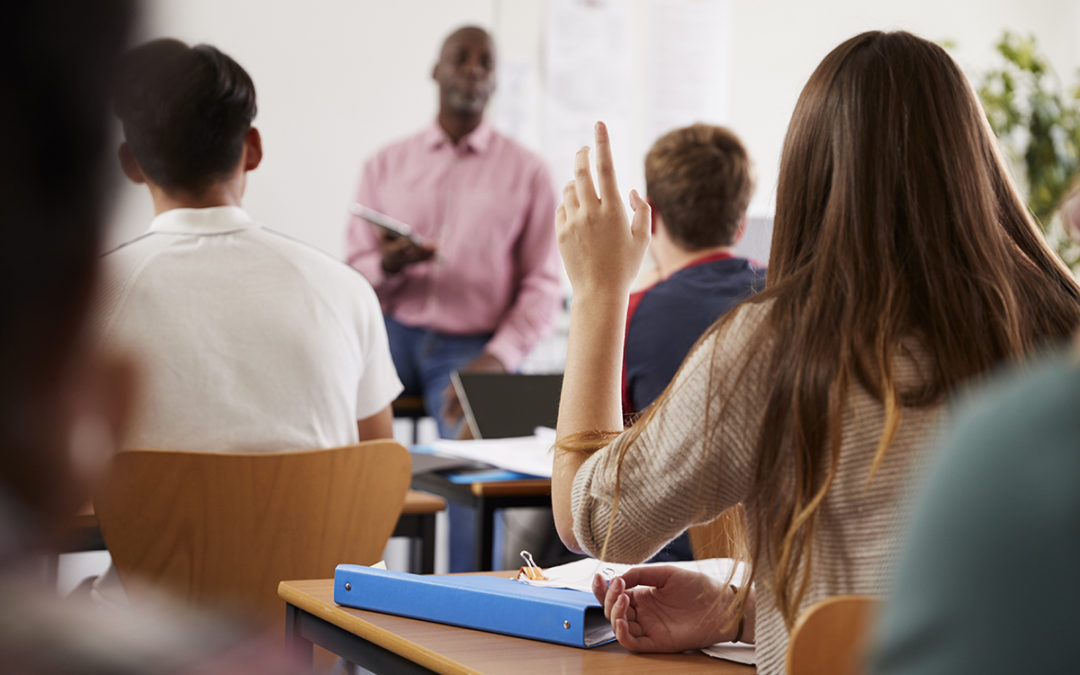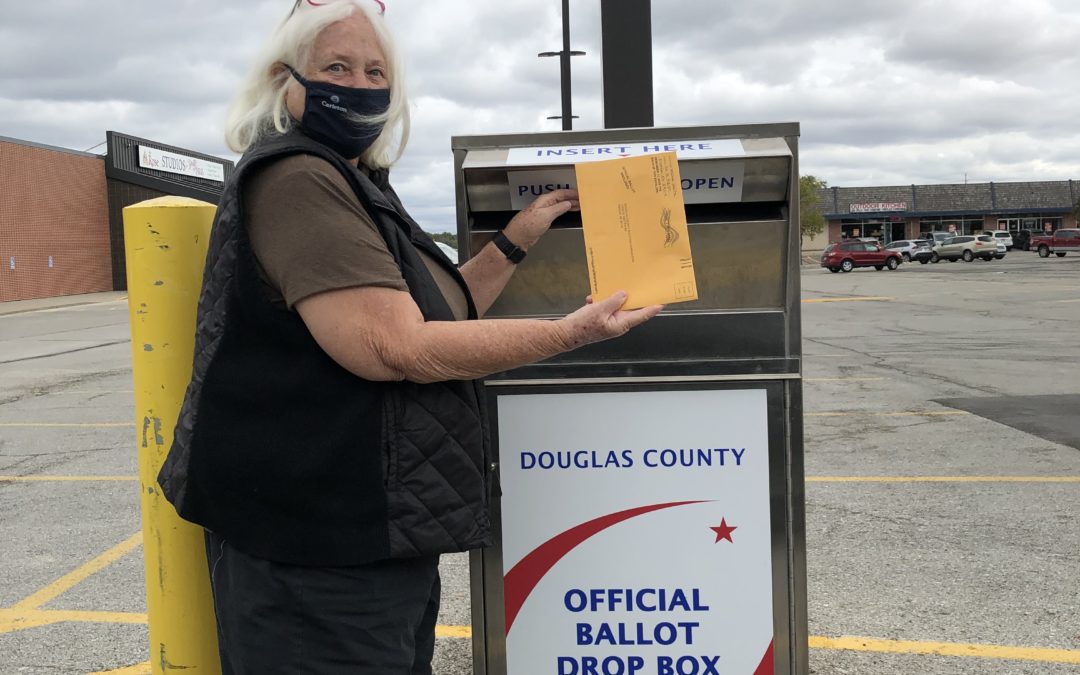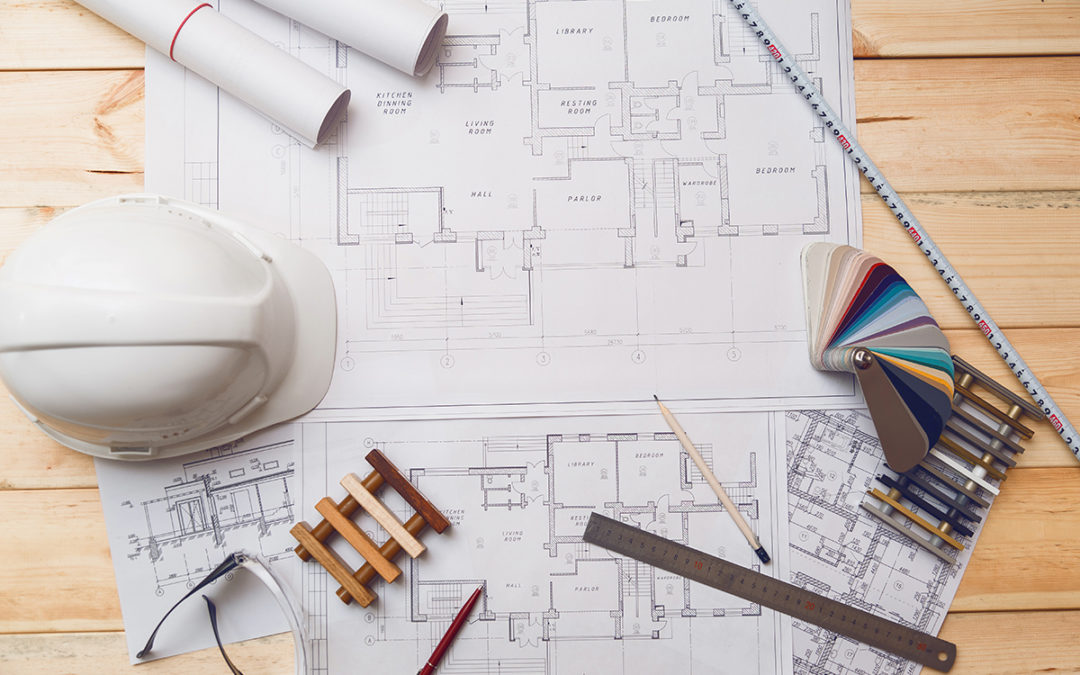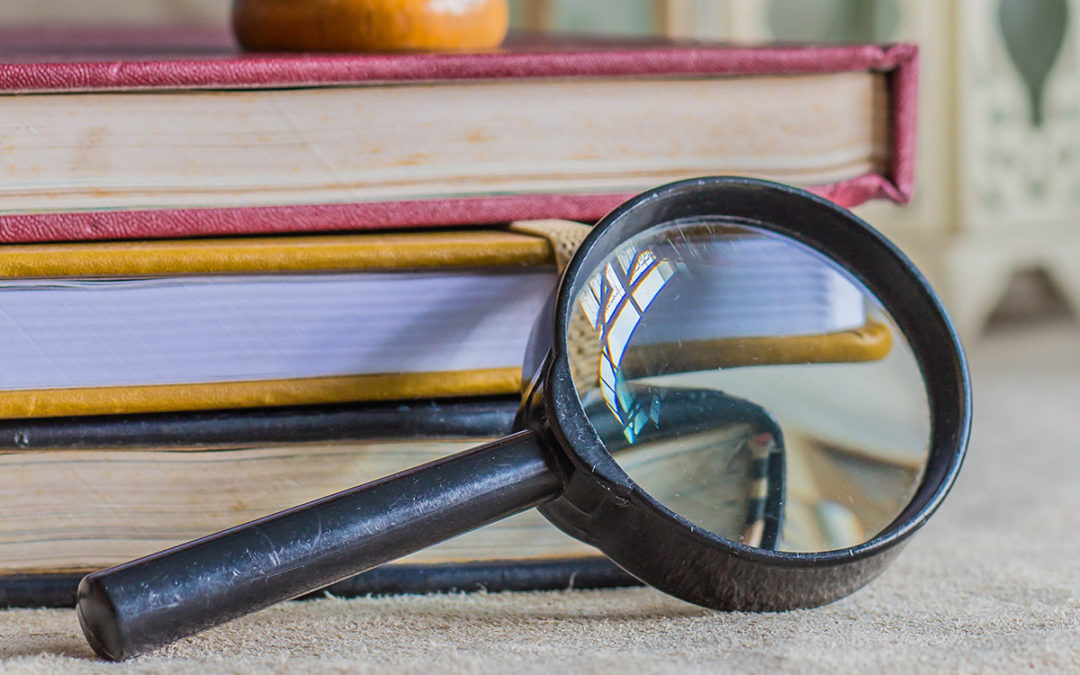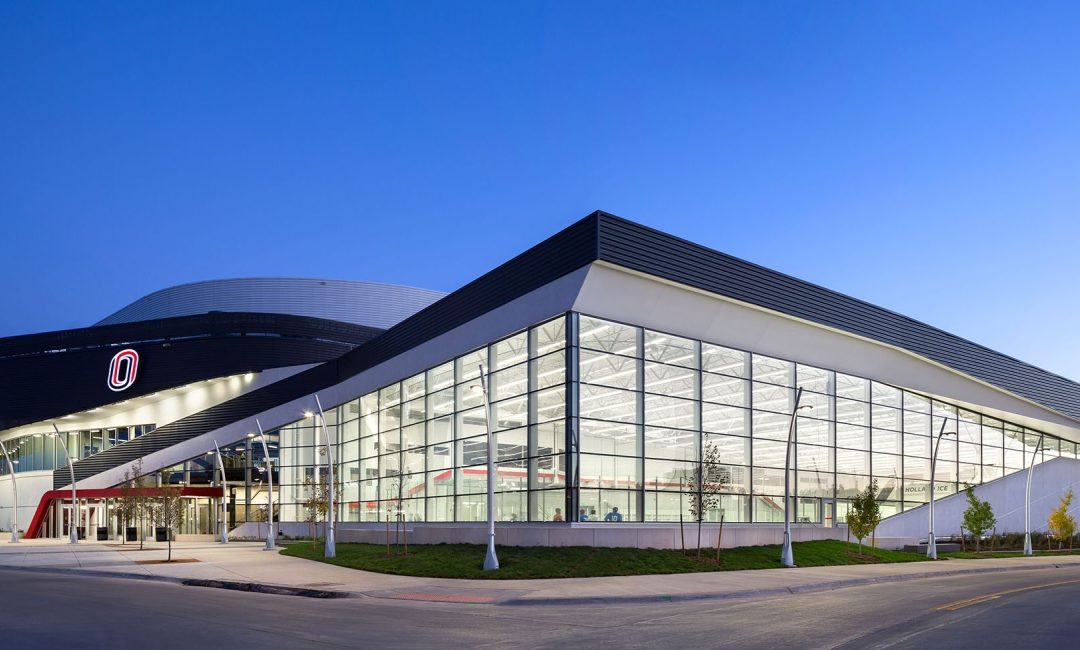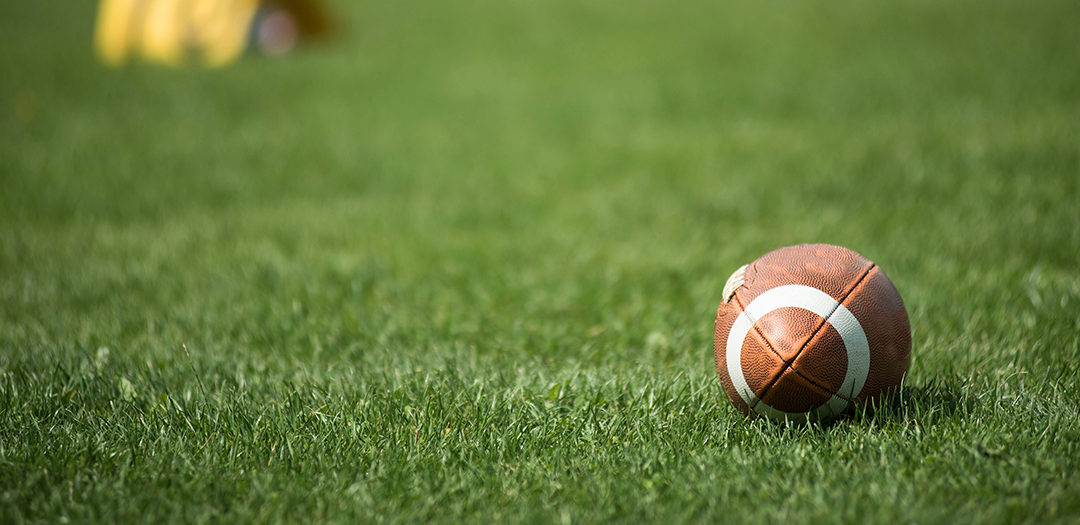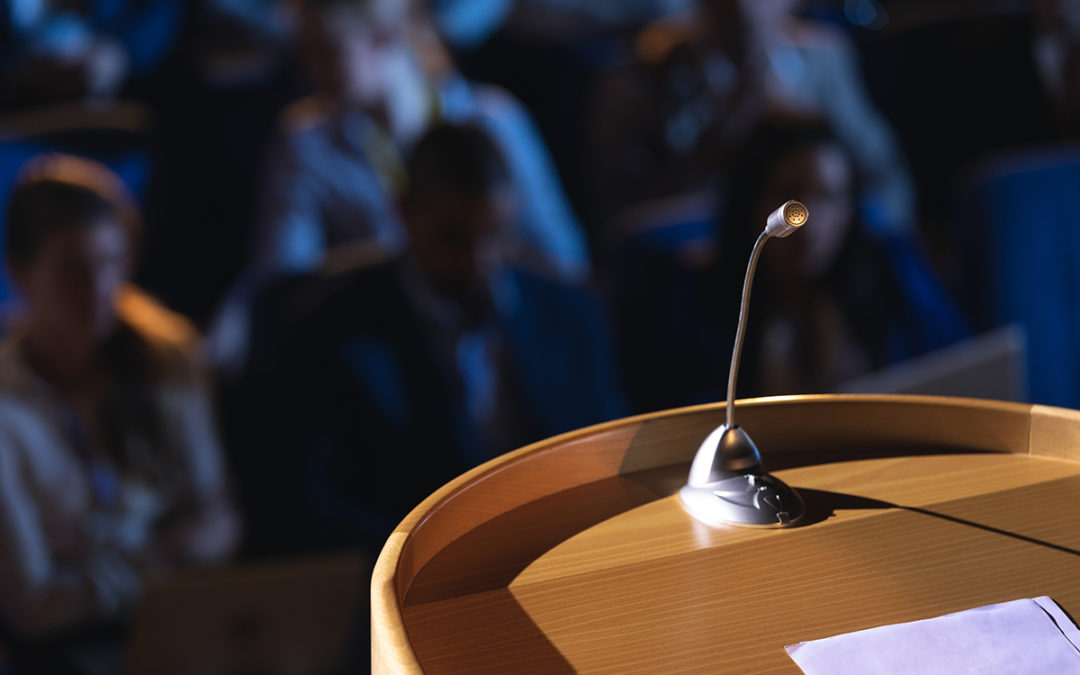
Confinement and Curiosity
Confinement and Curiosity
In this day and age there is no shortage of options in terms of how we can choose to spend our time. And I’ll be the first to admit being easily sucked into some sort of mindless distraction at the end of a long day.
But as the shape of our days continue to shift due to COVID-19, I have been looking for better ways to use the time at home created by the pandemic.
Yes, there are plenty of items on my to-do list. Work is never in short supply and we’ve begun preparing for the holidays, but I need to satisfy my curiosity too. It’s not about having to do something, it’s about having the right variety of somethings to do.
As the weather drives us increasingly inside, I recently checked out the University of Nebraska website to see what’s still available to us. It led me to all the events open to the whole community. As you might have guessed, one of my favorite series is the free “Curious People Series,” where UNO faculty speak about interesting topics specific to their lives, expertise, and fields of study.
Did I mention it’s free?
Previous topics have included: The Value of Play Across the Lifespan; My Life With Castro; Aging With Intention; Tell Me a Story, and many more.
I would highly encourage anyone interested in spending an hour in a more substantive (and intriguing) way to consider signing up for this speaker series. Check out the calendar, learn more about what’s on offer, and indulge your curiosity.
If you have any questions you can contact Robyn Loos at rloos@unomaha.edu or call her at 402-554-2173. And if the Curious Speakers Series isn’t your cup of tea, you can still use the UNO website to discover lecture series in different colleges, look up athletic schedules, find concerts, etc.
We may not be able to attend our favorite events in-person until this pandemic abates, but learning never has to stop. Our minds appreciate the exercise too.
*Barbara’s thoughts as written by Kate based on weekly (fascinating) conversations.


